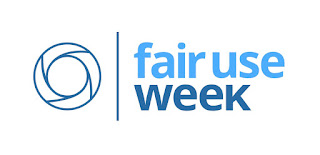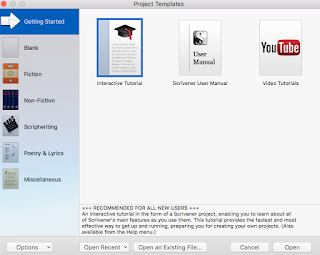Happy Fair Use Week!

Happy Fair Use Week 2017! Fair Use Week is an annual celebration of the important doctrines of fair use and fair dealing. The week is designed to highlight and promote opportunities presented by fair use and fair dealing, to celebrate successful stories, and to explain these doctrines. For law libraries, AALL has created a wonderful resource called Guidelines on the Use of Copyrighted Works by Law Libraries . This guide discusses, among other things: The Copyright Act Fair Use The Library Exemption The TEACH Act And the various rules that govern reproduction of copyrighted material The area of copyright law is constantly in flux as we learn more about what fair use means through case precedent, particularly for libraries and archives. We've seen the ongoing Google Books litigation, with post on the progression of the case here (District Court), here (Court of Appeals), and here (SCOTUS). The Georgia State case that involves library course reserves.


